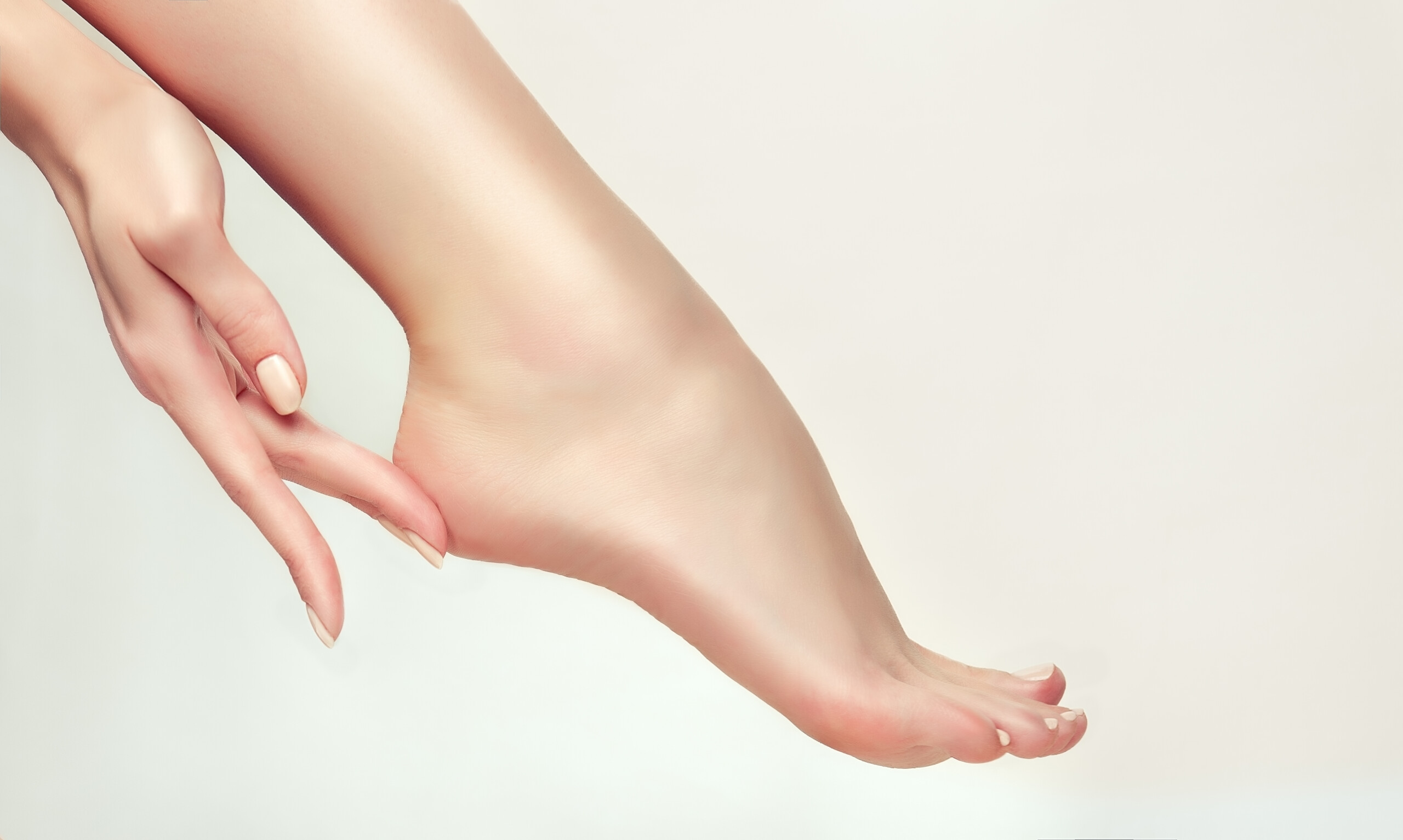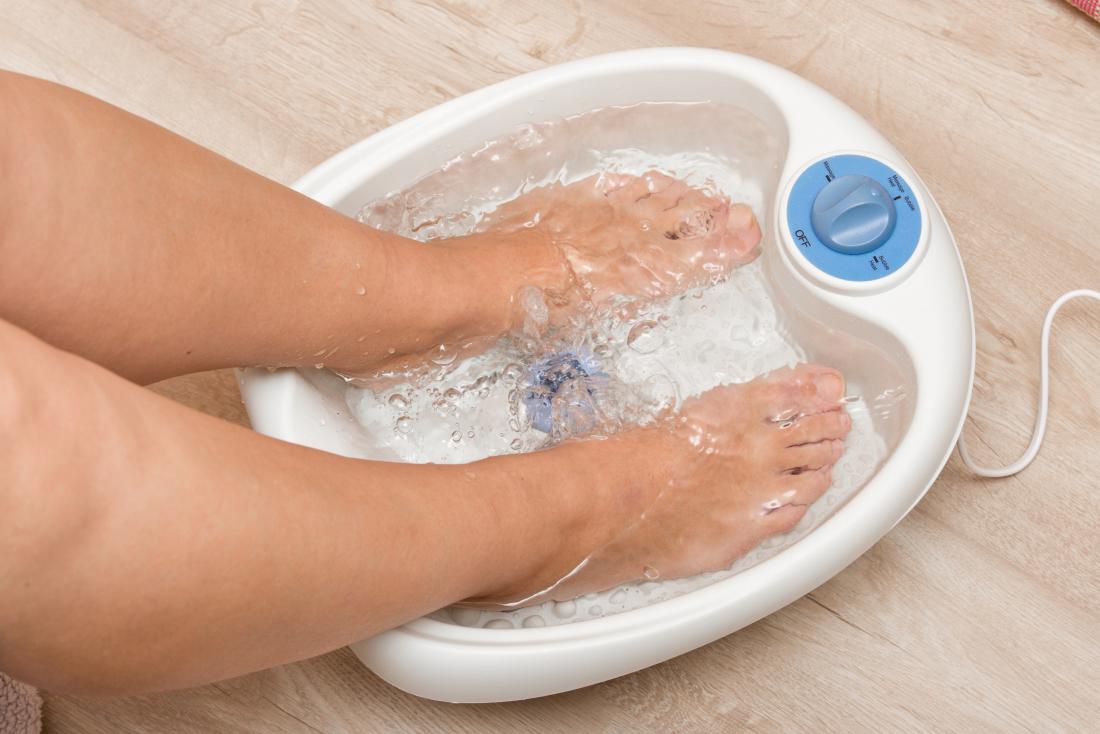Ideal Dermatology Approaches for Sweaty Hands Treatment: Tips and Techniques
Ideal Dermatology Approaches for Sweaty Hands Treatment: Tips and Techniques
Blog Article
Recognizing the Origin of Excessive Sweating and Its Influence On Daily Life
Extreme sweating, likewise called hyperhidrosis, is a condition that impacts a substantial section of the population, yet its underlying causes and effects on day-to-day functioning stay rather enigmatic. While it is generally recognized as a physiological reaction to control body temperature level, the triggers for too much sweating can vary widely among individuals, including not just physical aspects yet psychological and additionally psychological aspects. The effect of this problem expands past plain pain, often influencing social interactions and overall quality of life. By diving right into the origin of hyperhidrosis and discovering its complex results, a much deeper understanding of this prevalent problem can be acquired, clarifying the complexities that individuals facing too much sweating browse on an everyday basis.
Physiology of Sweat Glands
The regulation of sweat manufacturing, an important physiological procedure, is primarily regulated by the activity of gland distributed throughout the human body. Gland are categorized right into two major types: eccrine and apocrine glands. Eccrine glands are one of the most various and are located in mostly all areas of the body. They play a crucial role in thermoregulation by producing a watery fluid onto the skin's surface area, which vaporizes and assists cool down the body down. In contrast, apocrine glands are focused in locations rich in hair roots, such as the armpits and groin, and their secretions are thicker and milky in look.
When the body temperature level increases, either as a result of physical activity, high temperature levels, or psychological tension, the nerve system triggers the sweat glands to create sweat. This sweat is made up primarily of water and electrolytes like sodium and chloride. The procedure of sweat manufacturing is important for preserving the body's inner temperature level within a narrow, optimal variety, highlighting the essential role sweat glands play in human physiology.
Triggers for Excessive Sweating
In understanding the root triggers of excessive sweating, it is vital to identify the triggers that can result in this physiological feedback. Extreme sweating, likewise recognized as hyperhidrosis, can be motivated by numerous factors, both environmental and physiological. One common trigger is emotional anxiety or stress and anxiety, which can promote the body's gland to create even more sweat than is needed for cooling down. Physical effort, high temperature levels, and spicy foods are additionally understood to activate too much sweating in people susceptible to this condition. Certain medical problems like hyperthyroidism, menopause, or diabetic issues can contribute to excessive sweating as well.
In addition, medicines such as some antidepressants, opioids, and certain supplements can additionally function as triggers for hyperhidrosis. Comprehending these triggers is important in taking care of extreme sweating effectively - Treatment for hyperhydrosis of hands. By identifying and resolving the certain triggers that motivate extreme sweating in an individual, health care service providers can create customized therapy plans to ease this condition and enhance the person's lifestyle
Medical Issue Associated
Connected with extreme sweating are numerous medical problems that can aggravate this physiological action. One common condition is hyperhidrosis, a problem characterized by unusually boosted sweating that exceeds the body's thermoregulatory requirements. This can show up in focal locations like the palms, soles, underarms, or face, affecting a person's top quality of life due to social humiliation and pain.
Moreover, endocrine conditions such as hyperthyroidism, diabetes, and menopausal hot flashes can additionally lead to too much sweating. Hyperthyroidism causes an overproduction of thyroid hormones, speeding up metabolism and causing sweating.
Additionally, infections like hiv, endocarditis, and consumption have actually been related to night sweats, an usual signs and symptom understood to disrupt rest and impact overall health. These medical conditions highlight the varied variety of underlying factors that can add to excessive sweating, demanding thorough examination and management by medical care experts.
Emotional and Mental Factors

Influence On Social Communications
Extreme sweating can have profound impacts on a person's ability to involve pleasantly in social interactions. The noticeable signs of sweat discolorations or damp spots on clothes can result in shame and self-consciousness, triggering people to withdraw from social scenarios. This withdrawal can influence partnerships, limit social tasks, and impede personal and specialist growth.

Additionally, the stress and anxiety and self-esteem issues coming from extreme sweating can impact interaction and interpersonal skills. Individuals may have a hard time to concentrate on discussions, take part in group activities, or express themselves with confidence. This can result in sensations of seclusion and isolation, as social connections become challenging to keep.
Final Thought

While it is generally comprehended as a physiological reaction to control body temperature level, the triggers for too much sweating can differ extensively among people, encompassing not only physical aspects but likewise emotional and psychological aspects. By diving right into the origin creates of hyperhidrosis and exploring its multifaceted impacts, a much deeper understanding of this pervasive concern can be gotten, dropping light on the complexities that people grappling with too much sweating browse on an everyday basis.
Physical effort, high temperatures, and spicy foods are additionally understood to set off too much sweating in people vulnerable to this condition. By determining and resolving the details triggers that motivate excessive sweating in a specific, medical care providers can develop tailored treatment plans to reduce this condition and enhance the individual's quality of life.
Too much sweating can have profound results on an individual's capability to involve pleasantly in social communications.
Report this page